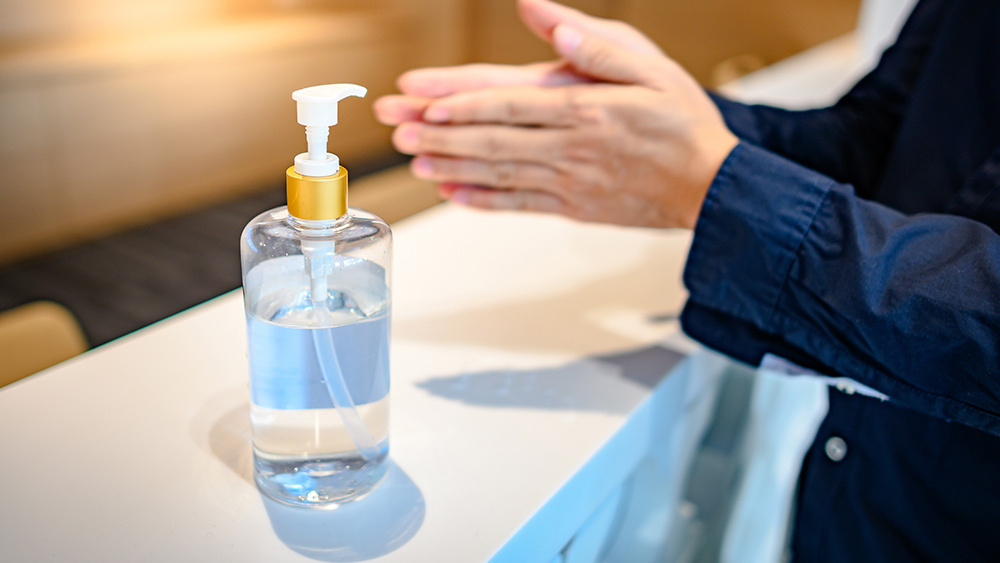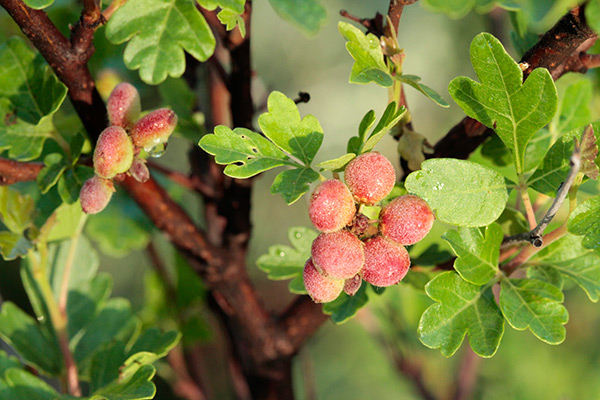No muss, no fuss: 6 Natural ways to remove mold
06/25/2020 / By Janine Acero

Mold is one of the most common (and dreaded) problems in households and buildings. Mold spores can grow quickly and get released into the air, making it dangerous to breathe, especially if you are already suffering from a respiratory problem.
If you’re looking for home remedies for mold growth or wish to prevent it, here are some tips and natural products you can use. (h/t to AskAPrepper.com)
1. Moisture control
Controlling moisture is an important part of preventing mold from thriving in your home. A leaky drain will invite mold under your sink and inside your cabinets; a leaky roof can cause mold spores to develop and grow in your whole house; and damp clothes or rugs are the perfect environment for mold or mildew growth.
Other typical areas where mold can accumulate in the home include:
- Bathroom, kitchen and laundry room
- Basement and crawl spaces
- Heating and air conditioning systems
- Pipes and ductwork
- Around windows
To prevent mold and mildew, fix any leaks if you can or have it fixed by a professional; replace any wet boards or use a fan or heater to dry them; keep the carpets dry; and do not leave damp clothes or rugs lying around.
For areas in your house that are prone to moisture, you can use moisture absorbers like silica products to control humidity. A dehumidifier is an excellent tool to have for this purpose.
2. White vinegar
White vinegar contains acetic acid, an effective antimicrobial and antifungal agent. White vinegar can kill up to 82 percent of mold spores.
That said, use only distilled white vinegar for controlling mold around the house. Distilled vinegar contains less acetic acid than regular vinegar.
Simply put the vinegar in a spray bottle and spray the affected area with it. Allow the vinegar to sit to kill the spores. Do not scrub the area with the vinegar.
3. Tea tree oil
Tea tree oil is safe to use on any type of surface. That said, it has a very strong scent, so it may not be the best option if you or a family member has respiratory problems.
Tea tree oil can also be pricey, although a little goes a long way when using it.
To use tea tree oil, mix two teaspoons with two cups of water in a spray bottle. Shake the mixture well and spray the affected surface. Allow the mixture to sit to kill the spores. Do not scrub the sprayed area.
4. Baking soda
This kitchen staple can help get rid of moisture, eliminate odors and clean mold. You can use baking soda with water, with vinegar or use it by itself.
Put baking soda in a spray bottle and mix it with either water or vinegar. Shake the mixture until the baking soda is completely dissolved. Spray the mixture onto the mold and wait for 15 minutes before scrubbing the sprayed area with a damp rag.
Baking soda is also effective on its own – just sprinkle a small amount onto the area with mold and let it sit. Sweep up the area after a while and re-sprinkle as needed. Baking soda is a mild cleaner so it is safe to use on any surface.
5. Hydrogen peroxide
Hydrogen peroxide is usually used to clean wounds, but it can also be used to kill mold. Wet a rag with a 3 percent solution of hydrogen peroxide or simply spray or pour it on the mold and let it sit for about 10 minutes before wiping it off. (Related: Destroy household mold with this all-natural spray.)
6. Grapefruit seed extract
Like tea tree oil, grapefruit seed extract can be pricey, but all you need is a little bit of it to get rid of mold. And if the scent of tea tree oil is too strong for you, grapefruit seed extract is a good alternative because it is odorless.
Simply mix two cups of water with 20 drops of grapefruit seed extract in a spray bottle. Shake the mixture well, then spray it onto the mold and leave it to sit. There is no need to scrub or wipe the area after spraying.
Note that some of these home remedies have an odor to them, so figure out which method is best for you and your family. Whichever you prefer, it is best to clean in a well-ventilated area.
Sources include:
Tagged Under: acetic acid, Baking Soda, cleaning products, grapefruit seed, home remedies, household tips, how-to, hydrogen peroxide, mildew, moisture, mold, natural products, prevention, Tea Tree Oil, Vinegar, White Vinegar



















